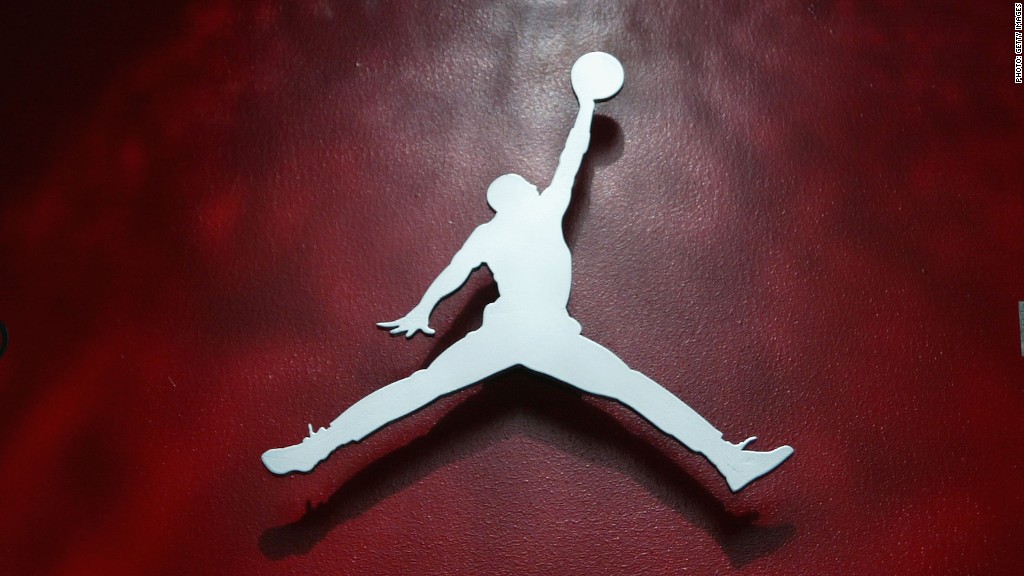If you're a well-to-do Shanghai resident, you might start a typical day with a cup of Starry Hope, and then check email on your Triple Stars before driving to the office in your Treasured Horse. After work, you might unwind with a cold bottle of Hundred Prestige.
In case you missed it, that's actually Starbucks (SBUX), Samsung, BMW and Budweiser.For companies, coming up with a name that fits the firm's image is tricky enough. But it's even more challenging in Chinese, which has multiple dialects and scores of homophones that can lead to unintended double entendres.
For example, in Mandarin, the word for "tall" (高) sounds exactly like the word for "cake" (糕) -- they're both pronounced "gao."
"The wrong name will just give the wrong impression," said Tait Lawton, founder of Nanjing Marketing Group. Foreign firms have "to understand there is meaning in Chinese characters -- it's not like English where you can take letters and mash them together to make different sounds."
Best Buy (BBY), for example, didn't have a very catchy Chinese name, using a near-direct translation from English, Lawton said. While it's hard to discern just how much the name had to do with its business prospects, the electronics retailer never caught on in China, and shuttered its namesake stores in 2011.
Related: The crazy flavor experiments behind Chinese fast food
Some brands have found success with names that not only sound like their English monikers, but also have significant meaning in Chinese. "Rui bu," used by Reebok, means "fast steps," while Nike (NKE) goes by "nai ke," which translates to "endurance and perseverance."
Coca-Cola (KO) came up with a clever one, "kekou kele," which means "delicious fun," and stays true to the original English. On top of that, part of the name sounds like the Chinese word for "thirsty."
While that kind of significance might be lost to a foreigner's ears, it's something that sticks with Chinese consumers, who are more inclined to remember the Chinese name over the English one, said Vladimir Djurovic, CEO of Labbrand, a company that helps foreign firms brand in China.
It's important "to connect with the category ... [and] to be close to your target audience, to be accessible," he said.

Banks, for instance, seeking to attract the rich, should consider names that give off the impression of wealth and prosperity. Goldman Sachs' name in Chinese is "gao sheng," or "highly prosperous."
London bank HSBC went with "hui feng," which roughly translates to "gathered abundance." A direct translation for HSBC, which stands for Hong Kong and Shanghai Banking Corporation, wouldn't have worked -- in Chinese, it would have sounded like every other local bank, instead of a global finance powerhouse, Djurovic said.
Others, like French grocery chain, Carrefour, will want to appear more consumer-friendly. Its Chinese name, "jia le fu," means "happy family."
Djurovic said that choosing a good Chinese name can take up to a year. "There is no absolute rule ... the right name will always depend on a couple of things," he said.









0 comments:
Post a Comment